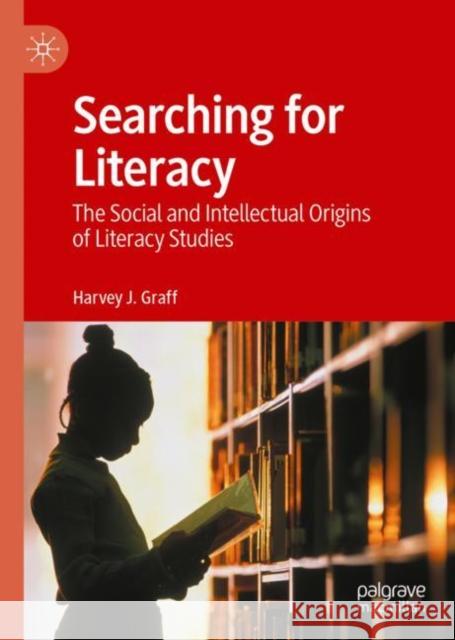Searching for Literacy: The Social and Intellectual Origins of Literacy Studies » książka
topmenu
Searching for Literacy: The Social and Intellectual Origins of Literacy Studies
ISBN-13: 9783030969806 / Angielski / Twarda / 2022 / 323 str.
Searching for Literacy: The Social and Intellectual Origins of Literacy Studies
ISBN-13: 9783030969806 / Angielski / Twarda / 2022 / 323 str.
cena 281,76
(netto: 268,34 VAT: 5%)
Najniższa cena z 30 dni: 269,85
(netto: 268,34 VAT: 5%)
Najniższa cena z 30 dni: 269,85
Termin realizacji zamówienia:
ok. 16-18 dni roboczych.
ok. 16-18 dni roboczych.
Darmowa dostawa!
Kategorie:
Kategorie BISAC:
Wydawca:
Springer Nature Switzerland AG
Język:
Angielski
ISBN-13:
9783030969806
Rok wydania:
2022
Ilość stron:
323
Wymiary:
21.0 x 14.8
Oprawa:
Twarda
Dodatkowe informacje:
Wydanie ilustrowane











